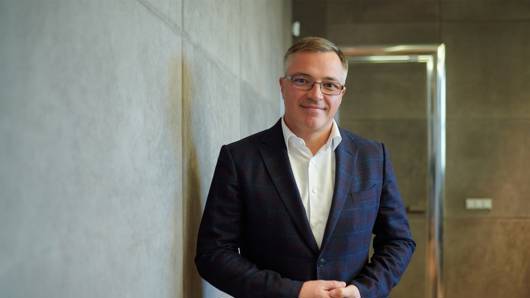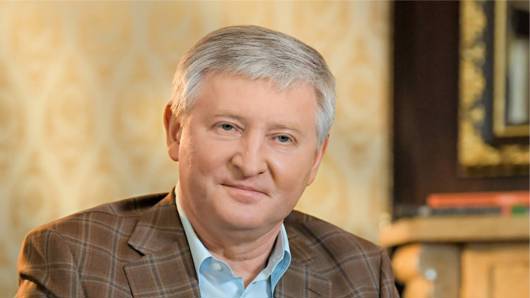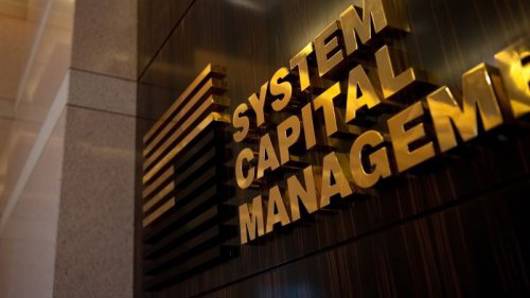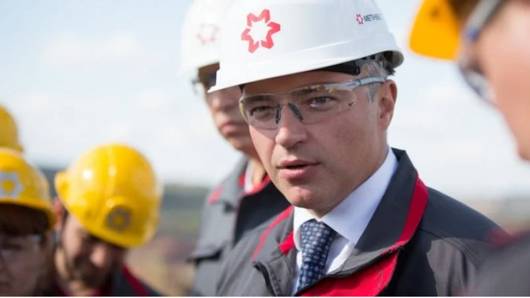Major Italian metallurgical, energy, transportation companies and other businesses are ready to help Ukraine rebuild its destroyed infrastructure, housing and industry after the war waged by Russia against Ukraine. Italian business leaders stated this intention during a panel discussion on the future of Ukraine and Italy’s contribution to the reconstruction of the country on 8 March in Milan, Italy.
The discussion took place at a charity evening held to support Ukrainians impacted by the war and organised by Metinvest Group’s Saving Lives humanitarian initiative. The event brought together 185 business leaders from Italy, Germany, Austria, Bulgaria, Poland, the Czech Republic, Belgium, and Ukraine.
Leaders of the European Steel Association (EUROFER), the Central European Initiative, the General Confederation of Italian Industry (Confindustria) and Confindustria Alto Adriatico, the steel companies Acciaierie d'Italia (ADI) and Danieli, the transportation company Fratelli Cosulich, energy A2A Group, as well as a representative of the Municipality of Milan took part in the discussion. It was moderated by Federico Fubini, a renowned journalist and economist and deputy editor of the Corriere della Sera newspaper
The speakers’ main statements covered the strengthening of sanctions against Russian exports to EU countries, the European integration of Ukraine and the need to support Ukrainian industry.
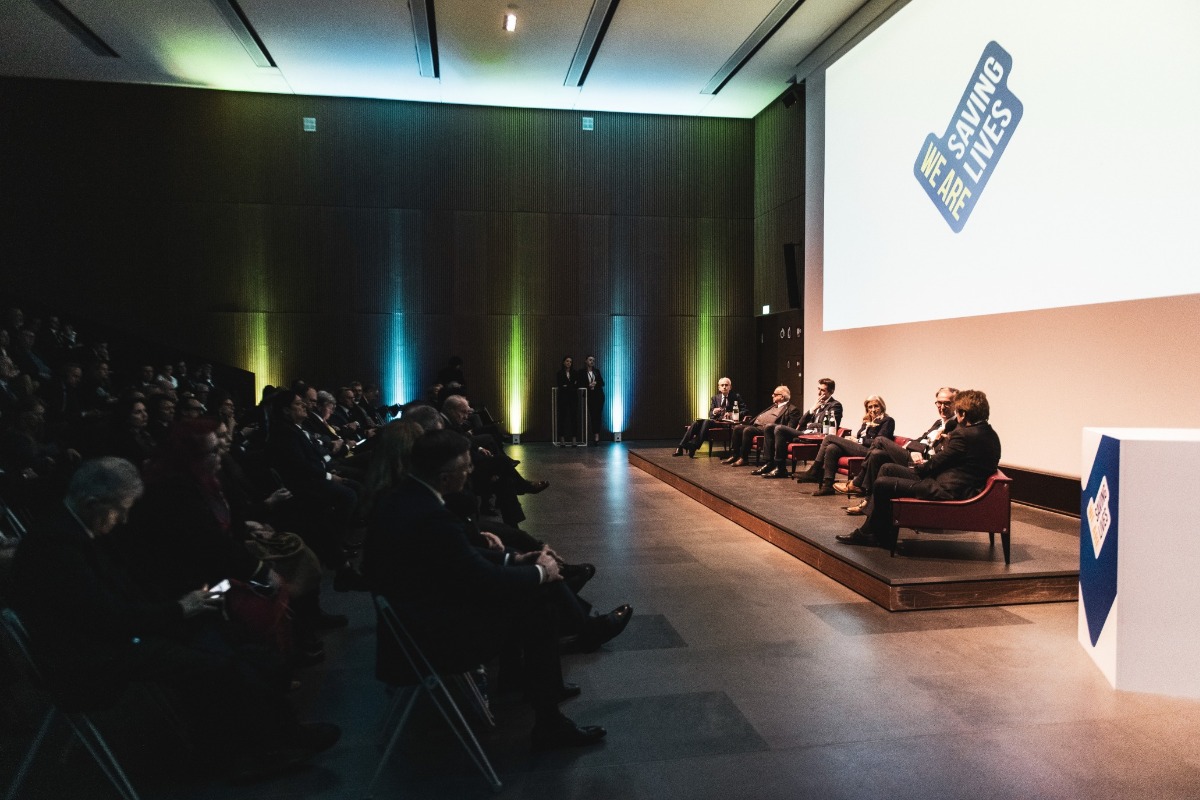
Sanctions against the export of Russian steel and raw materials
EUROFER supports stronger sanctions on the export of Russian steel and iron ore to the European Union.
“I discussed sanctions on the export of Russian steel and raw materials to the EU with Ukrainian business leaders and Metinvest in particular. It concerns around 40 raw materials coming from Russia and Ukraine to the EU steel industry. We have to help. It is so important that we help Ukraine get out of this terrible situation so that peace reigns in Europe once again,” said Axel Eggert, Director General of EUROFER.
According to Eggert, the sanctions, which first affected the export of more than 5 million tonnes of Russian steel products, and then semi-finished products and iron ore, also have an impact on the operations of the association's member companies, which, amid these difficult conditions, need to find resources for production somewhere else. “It is not an easy task, but it must be done. We need to cut off money flows to Russia. Only this step can end the war sooner or later,” added the Director General of EUROFER
Lucia Morselli, CEO of Acciaierie d'Italia in Taranto, a joint venture of metallurgical company ArcelorMittal in Italy, noted that Europe has lost about 20 million tonnes of steel from Ukraine. Ukrainian products in the EU were replaced by imports from Asia, in particular from India, Korea and Japan. “I think it was a big detriment for Europe to open up a market for steel from Asian countries that have a different cost structure, a different environmental approach, a different labour cost, especially the cost of energy. It was also a real shock for Europe,” she added
An interesting fact: Metinvest has helped ADI during the war. The Russian embargo on raw materials created a problem for Italian industry. Every time the Taranto metallurgical plant was lacking raw materials, Metinvest located them for the Italian production process. On the other side, ADI has provided slabs to Metinvest’s plants in Europe.
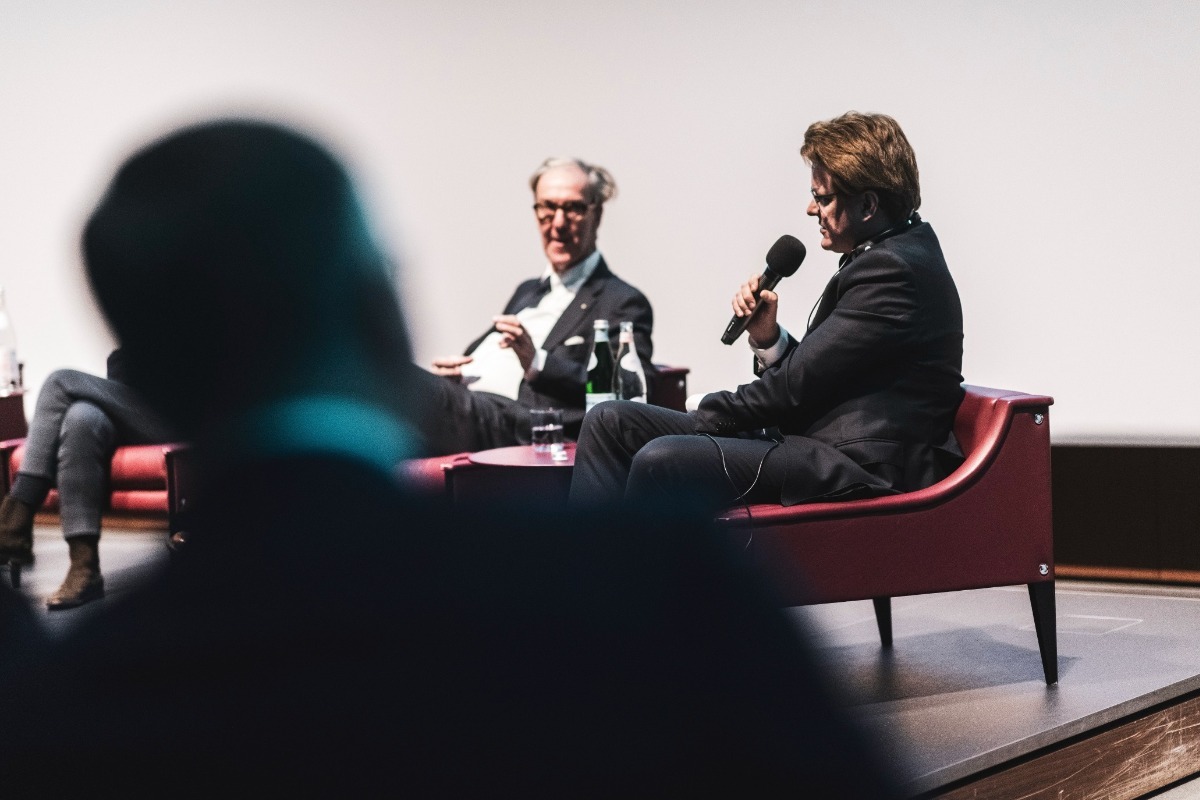
Giacomo Mareschi, the CEO of Danieli, remembered the technical office in Ukraine and the good training of engineers who care about safety during the day and work at night despite the dangers involved.
“We will help as much as possible. We will do our best. We want this war to end as quickly as possible so that we can return to normal work,” he said.
Ukraine’s European integration
Roberto Antonione, Secretary General of the Central European Initiative, said that the organisation has been supporting Ukraine since the first days of the war, including through the delivery of humanitarian aid to the east, and had helped build a field hospital and an educational hub in Warsaw to promote the social integration of displaced people from Ukraine. The initiative is considering opening two more such hubs in Bratislava and Budapest.
"In addition, we have announced competitions for financing small projects aimed at mitigating the consequences of the war. Unfortunately, these are just small drops in the ocean. But they prove the political cohesion of our countries and the strong will to cooperate for the benefit of the Ukrainian people,” Roberto Antonione added.
The President of Confindustria Alto Adriatico, Michelangelo Agrusti, emphasised Ukraine's role in the European community as promoting awareness that “the Russian aggression against Ukraine is an aggression against Europe, its freedoms, ideals and rights.”
Support for Ukrainian industry
Yuriy Ryzhenkov, the CEO of Metinvest Group, believes that we should start thinking today about what will happen after the war. He thanked Italian businesspeople for their support and asked them to join in the reconstruction of Ukraine: “I would be glad to see you represented among the technologies and know-how that will be part of the renewal of Ukraine, and Metinvest will be your partner in this task.”
Representatives of the Italian transportation and energy sectors expressed their willingness to help with the post-war reconstruction of Ukraine.
“Not just those of us from the shipping business, but all other Italian entrepreneurs will be ready to help rebuild Ukraine after the war. It is our duty to contribute to the reconstruction of Ukraine,” said Augusto Cosulich, President of Fratelli Cosulich transportation company.
Lorenzo Giussani, the head of the generation and trading business unit of A2A Group, believes that Ukraine's reconstruction will take place through the development of the energy sector and further integration into the EU energy market.
“We are well aware that the European market will invest a lot of money in energy, and therefore Ukraine will also have great opportunities in this area. European countries, in particular Italy, can support us in this,” he added.
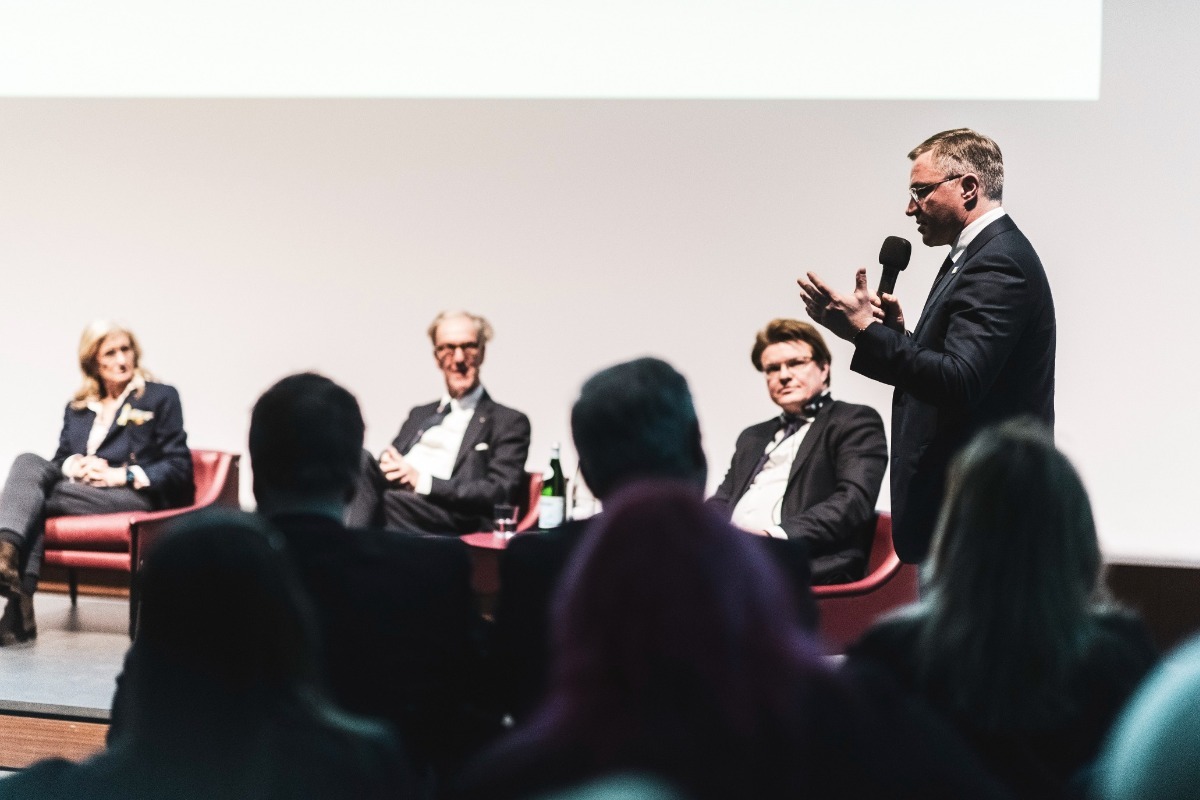
Confindustria President Carlo Bonomi believes that the future begins with the reconstruction. “The Italian contribution can be vital in markets such as the steel market, as well as in others where significant prospects are opened up,” he said.
In particular, Confindustria agreed to create conditions for the reconstruction of infrastructure destroyed by the war, attract investment and strengthen industrial cooperation between the two countries.
The Confederation is working with the government to identify priority tools for collaboration, from the steel industry to other sectors available for partnership, including logistics, industrial processes and aerospace.
In addition, the deputy mayor of Milan, Pierfrancesco Maran, addressed the guests with an opening speech, noting that “Ukrainian independence is what all Europeans should understand as their independence.”






